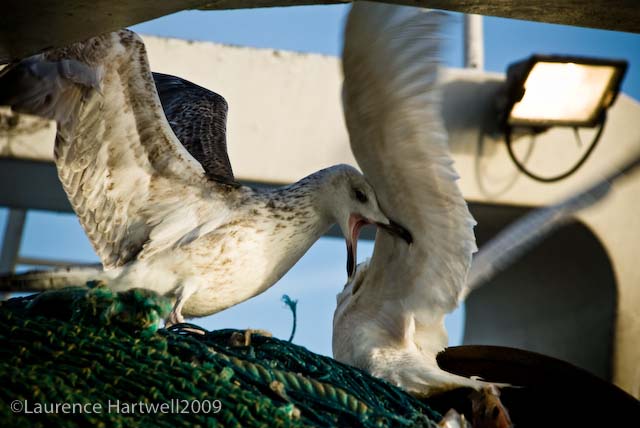Speaking during an emergency meeting of EU farm and fisheries ministers in Brussels, Mr Coveney said that similar support as given to European farmers should be extended to Irish fishermen to allow them to store mackerel and horse mackerel products as a result of the Russian ban.
The minister said: "25% of Ireland's mackerel exports are sold to Russia. This is a big, big market for us.
"The fact that seafood is also being banned as well as agriculture products means this is a big fisheries issue as a well as an agri-food issue.
"We will be looking for the European Commission to bring forward similar proposals to what has come from the agriculture commissioner, so we can see an emergency fund that can help to fund storage capacity potentially for the pelagic sector - it's mackerel and horse mackerel which are the primary products going into Russia."
Mr Coveney will also seek support for Irish farmers to be able to store dairy produce, particularly cheese, because of the effect of the Russian ban across Europe.
Officials say the ban has hit the Dutch cheese sector hard and as result exports from the Netherlands are threatening to flood the European and world markets, meaning that Irish cheese producers are at risk.
The European Commission has set aside €200 million to help the agri-food sector limit the impact of the Russian ban, which is in response to EU sanctions relating to Russian involvement in Ukraine.
The fund is mostly going towards the cost of storing agri-food products, and to market EU exports, which have been cut off from the Russian market, to third countries.
"We're a big exporter of dairy product, a big exporter of beef product, a big exporter of seafood as well, and all of these products are affected," the minister told RTE News.
"First and foremost, we export product directly to Russia. Some we export is now banned. We'll have to find alternative markets. More significantly there ios displacement: cheese from the Netherlands, instead of going to Russia, is being stored or sent to different markets."
Story courtesy of John Rafferty






